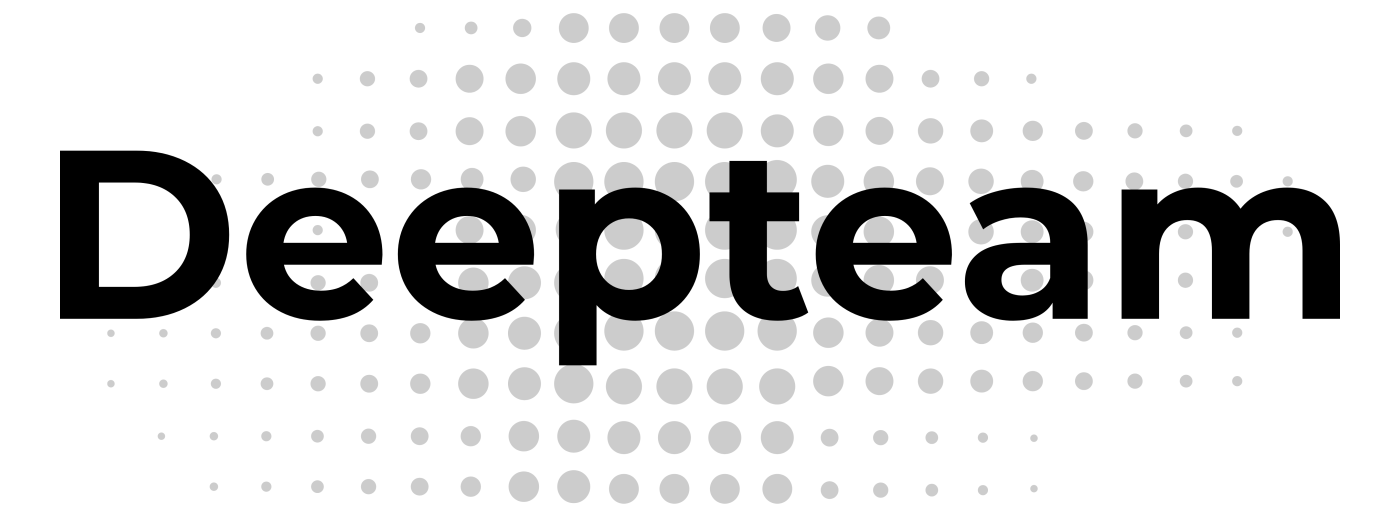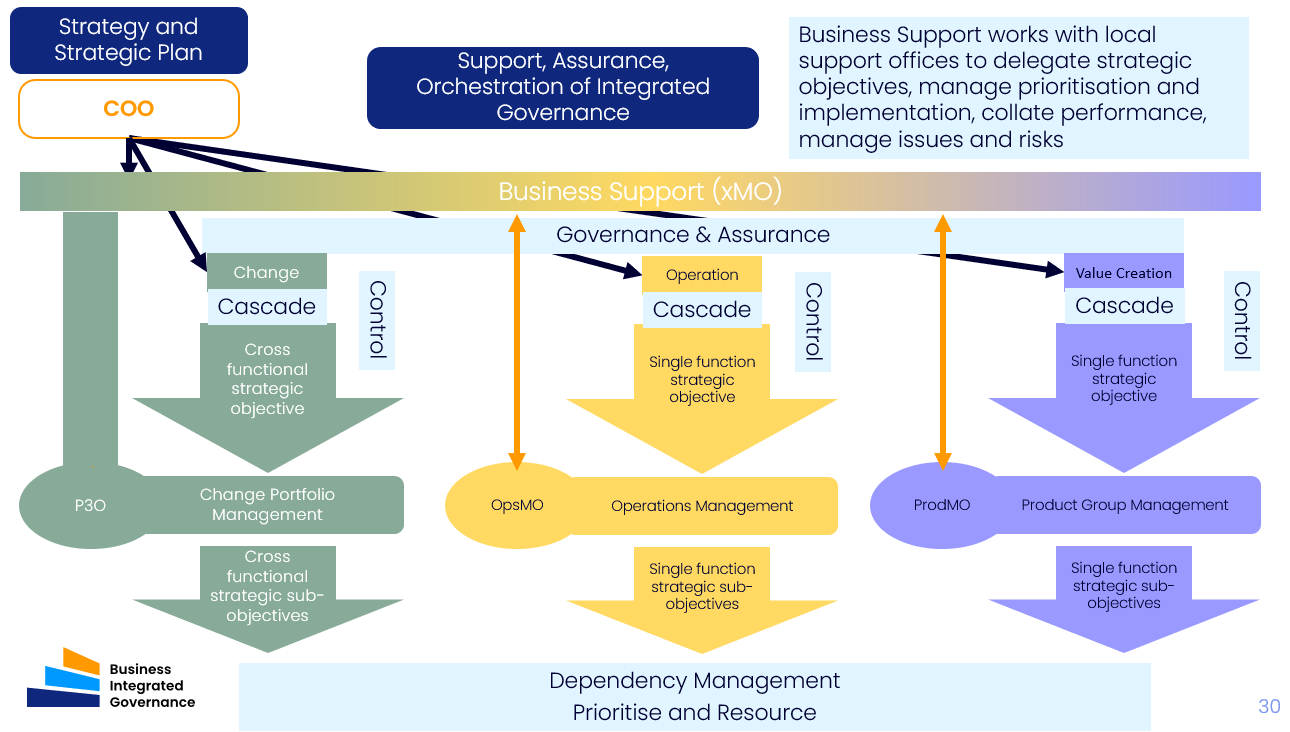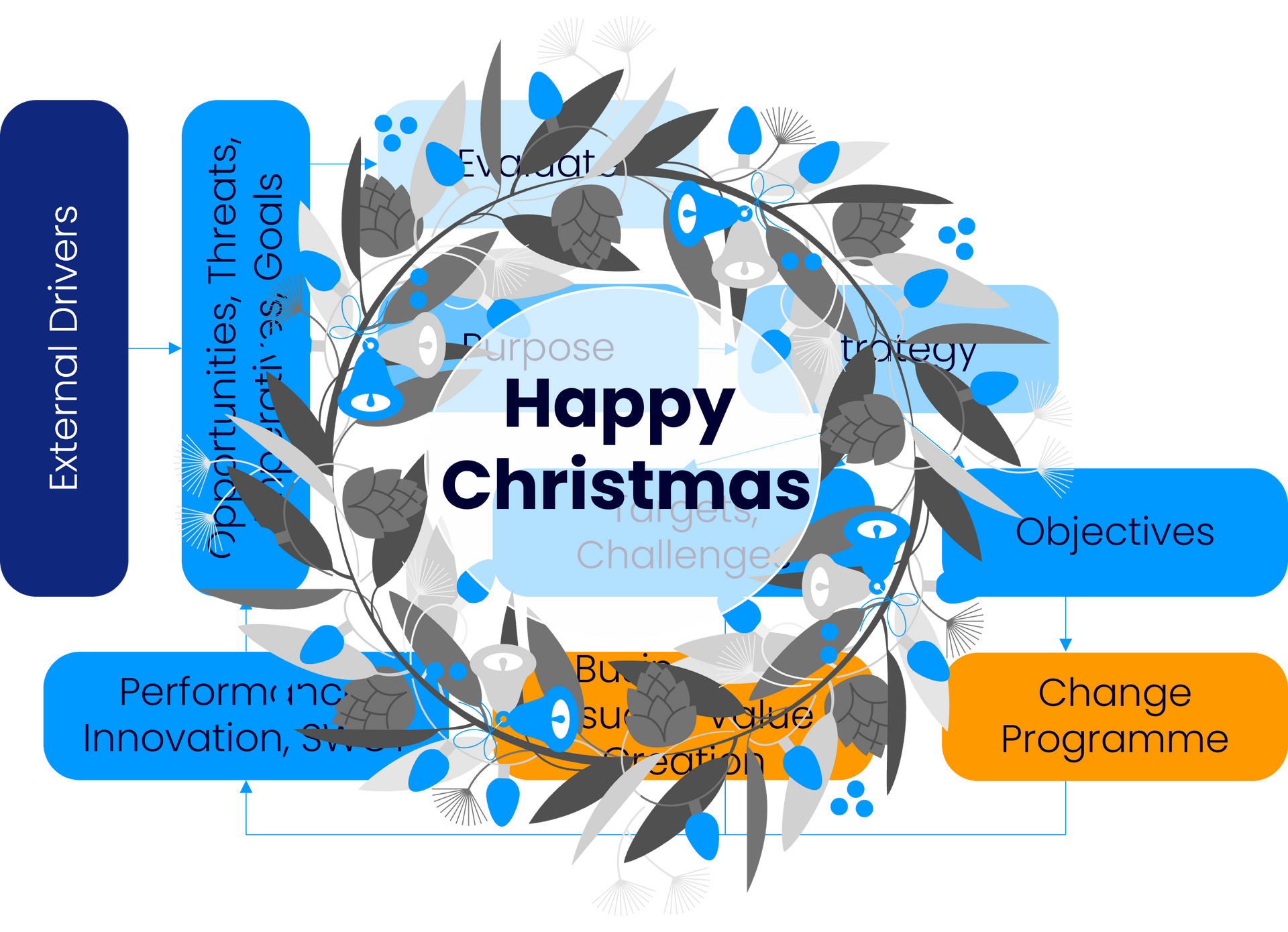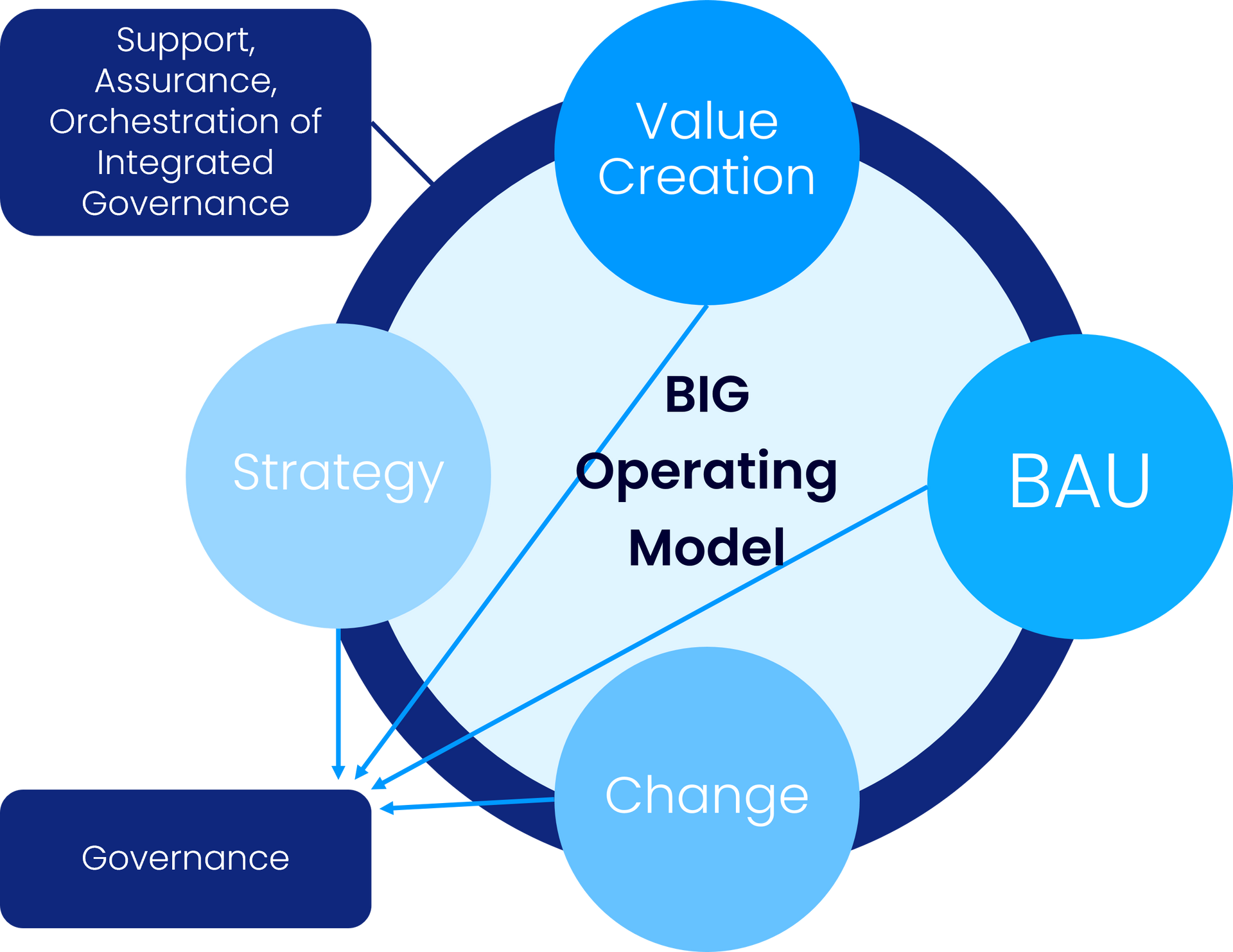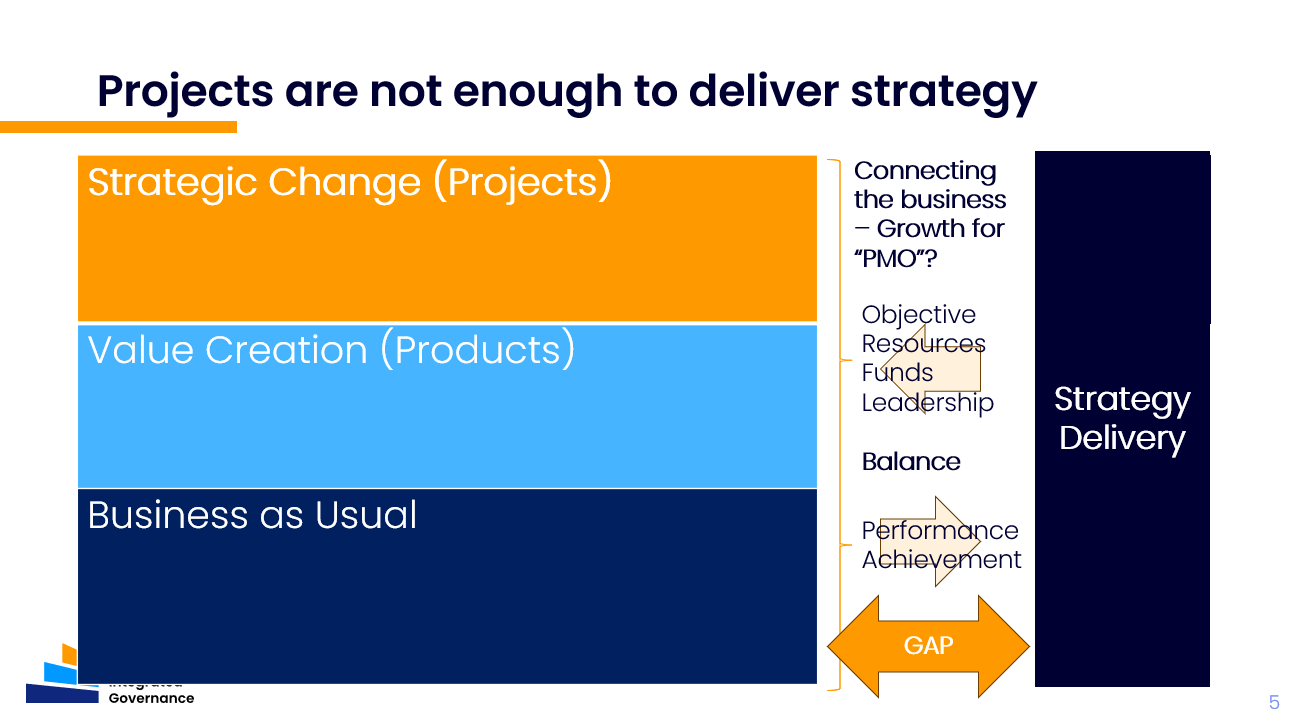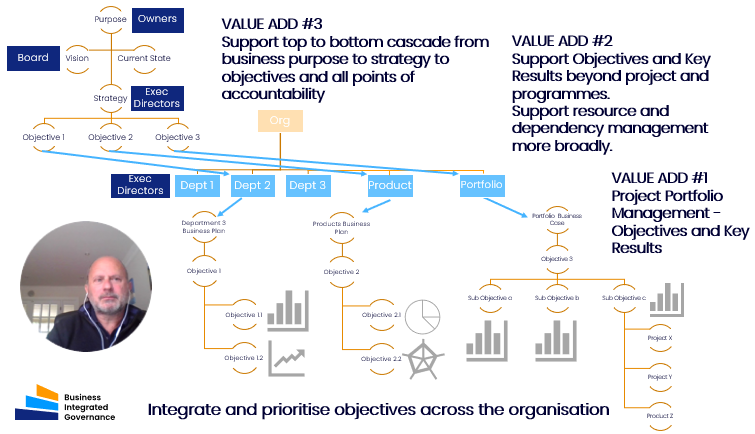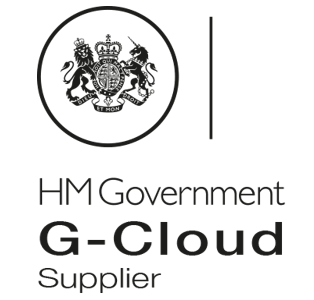What are you going to prioritise - and how?
Article prepared by:
David Dunning – lead author, Business Integrated Governance
From January to April, Deepteam is focusing on the process for setting targets and budgets for the next financial year. For many of us, business planning is about confirming the headcount each line manager wants to operate with, with perhaps some specific asks layered on top of that.
Other organisations have growth aspirations, or face competition and market change around their operation. Steady state is not an option. Their strategic leads have a developing view of which vectors the organisation should take and managers have ideas for improvement and see opportunities for innovation.
HOWEVER - There is always more to do than we can do. Out of all the things we currently do, the implications of our directed goals, and the innovations we see within our management teams - which ones should we do? Do we:
1. Try to do everything. While this laisser-faire approach seems to leave it to managers to do the right thing - perhaps all it does create an ongoing fight for resources, impede our ability to plan for outcomes and mean everything gets delayed?
Can we avoid conflicting our people and their relationships? Hence:
2. Command and control. Create a culture of approval for everything and keeping managers to task.
3. Delegate objectives and targets and empower functional groups / change programmes to score and balance necessary workloads so that our leadership time, funds and resources focus on that is important.
Most would suggest option 3. The answer is to:
- ensure delegation of objectives to existing business units,
- solicit responses
- gather and tweak, prioritise
- allocate resources coarsely into business units based on priorities
- entrust accountable people to achieve objectives.
However, for some, the process can take so long that on day 1 of a business plan going 'live', objectives may have evolved already.
One spanner in the works is of course that key strategic goals may require cross functional support - which may confuse business units trying to focus on their performance objectives, their own innovation tasks as well supporting their part in strategic goals.
Furthermore, as we get on with business, we can find our performance isn't as expected (better / worse) and the environment changes.
How long do our business plans remain viable for?

Many of us suspect our business planning is flawed, but to be honest, most of us know what we are doing and should do. Perhaps the problem is we "fire and forget"?
The challenge seems to be establishing then managing shifts in priority and continuing to balance local function vs corporate goals.
While we put in super-human efforts to collate and interpret data for planning, the thought of regularly repeating the process is abhorrent, as we don't have available data (we have to go and find it), there is no support to collate / interpret information (and check the source / validity).
Furthermore - how do we compare 'apples and pears' across business as usual, value creation and change? Some of our investments may have a clear rate of return or net present value, but others may support our environmental and social goals (where ROI is not the driving factor) and strategic goals (where we have uncertainty and are taking a considered risk)?
Without a systematic, data-driven approach, repeating the extended opinion-driven 'discursive' prioritisation is 'unpalatable'.
Do we have the leadership capacity to recommunicate and re-establish accountability?
CALL TO ACTION - let's avoid the fighting!
There are many implications outlined above. One of them is to institute systematic prioritisation for the start of the impeding financial year. Are you serious about your strategic objectives or not?
Suggested steps:
1. Find out what professional, sustainable prioritisation solutions look like at the Webinar with the nice people at Transparent Choice - book on here for the 30th January, 4pm UK
2. Look at your business plan data from last year - create a prioritisation model for the objectives still in flight using a Transparent Choice Evaluation
3. Talk to us about the operating model that will sustain a systematic strategy across BAU, value creation and change.
4. Start to stir in your planned workloads - their value and non-financial benefits (e.g. strategic progress, social and environmental value)

Previous Sessions on Prioritisation:
Deepteam and Transparent Choice have previously presented on the prioritisation topic:
Alternatively spend a few hours discussing this with us?
Deepteam is delighted to offer free half day consultations to organisations that want to explore their issues / opportunities, to visualise what an integrated operating model for strategy delivery will look like (one aspect of which is prioritisation), and how to build a roadmap and outline business case.
We offer the opportunity to increase strategic outcome delivery, with more agility, efficiency and effectiveness.
Learn about how we engage:
Enablers
- Clarity of Purpose(s)
- Strategic Process
- Integrated Governance Framework
- Information and Data Capability
- Business Support - to operate the Strategic Process and Integrated Governance
Technology
- Corporate RAID
- Document Library
- OKR Platform - Viva Goals
- Prioritisation tools
- Milestone Planning
- Resource Planning
- Finance Planning
RAID - Risk, Action, Issue and Decision
OKR - Objective and Key Results
Culture Change
- Current State Assessment - of current capability
- Periodic Review of Purpose, Business Drivers
- Enabled people
- Working Strategy Operating Model
- Adopted Strategy Information Model
- Operation of Integrated Governance
- Fair Accountability
